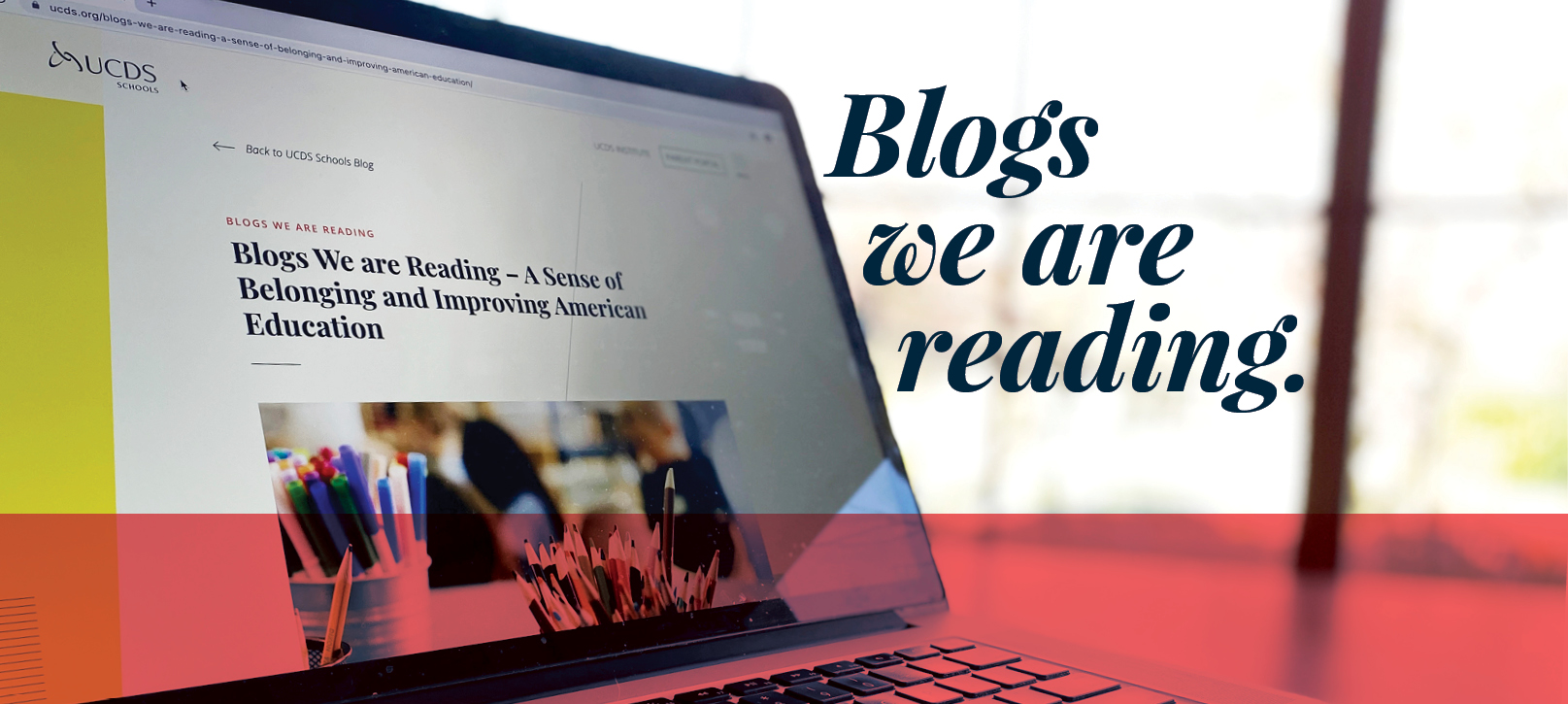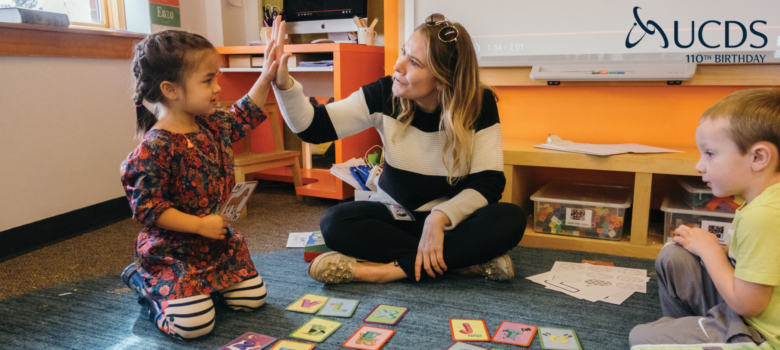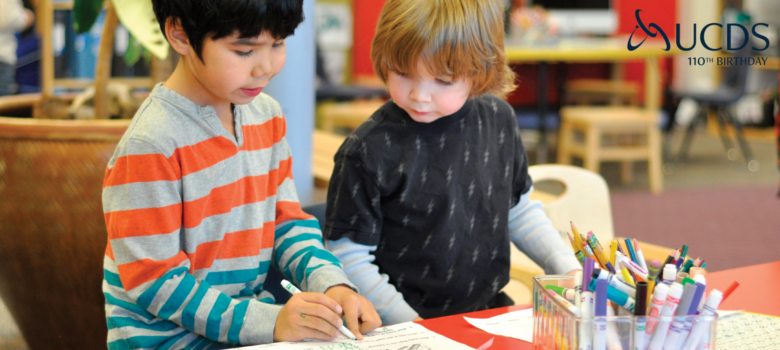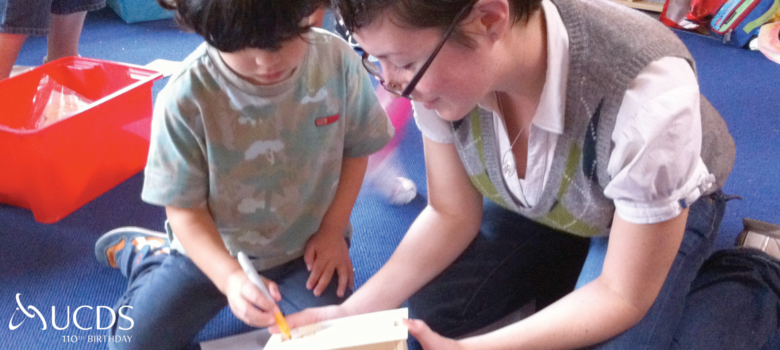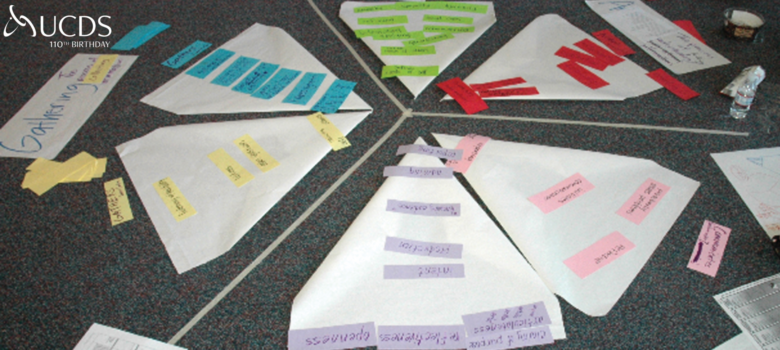by Louise Conway, Learning Support Teacher
Stephen Merrill: Trauma is “Written Into Our Bodies”—but Educators Can Help
This article, which summarizes Dr. Burke Harris’s research on how trauma influences physical health, is, unfortunately, more relevant than ever—the global pandemic we all find ourselves living through has been called by many experts “a collective trauma.” Dr. Burke Harris is currently the surgeon general of California and author of The Deepest Well, a book that describes her research on the public and individual health implications of adverse childhood experiences (ACEs).
So why is she being interviewed on an education blog? There are a few reasons.
First, a child who has experienced adverse events is significantly more likely to demonstrate behavior and learning challenges. In fact, the number of ACEs a child has directly correlates to the incidence of behavior and learning challenges. As teachers, engaging daily with students who may be under new or different stressors, it is incredibly important to keep this in mind. At UCDS, we are in the habit of considering what might be causing a student’s behavior or getting in the way of their learning–we’re always looking for the why instead of making assumptions based on what we are seeing. This research about trauma is one more thing to keep in mind as we’re mentally running through the list of things that might be influencing a child’s ability to engage and learn.
Fortunately, the second reason that this is relevant is good news: unsurprisingly to many educators out there, teachers can help students who have ACEs. While teachers aren’t social workers, psychologists, or doctors, they have something working for them that these other roles don’t: near-daily interactions. During these small but regular interactions, the relationship that teachers have with students can serve as a sort of buffer against toxic stress. Burke Harris says, “just as the science shows that it’s the cumulative dose of early adversity that’s most harmful, it also shows that the cumulative dose of healing nurturing interactions is most healing.” UCDS teachers are intentional about developing relationships with their students from day one because we know that the most successful learning happens when students feel safe and connected. These relationships are even more important in a year that is full of unknowns.

